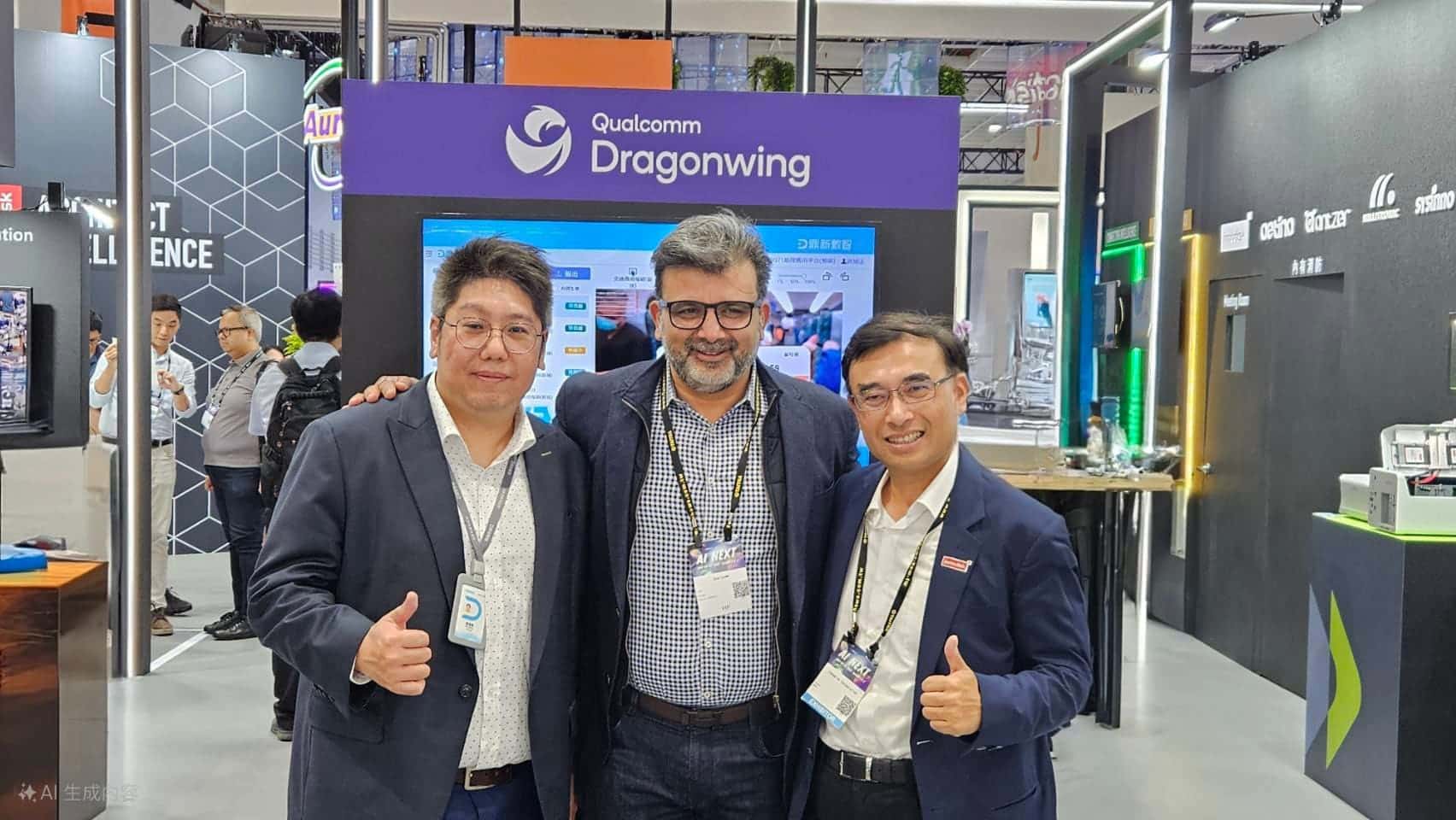The new “Enterprise AI Assistant” promises to improve operational efficiency in document-related tasks by 96% through deployable intelligent agents in business environments.
During the tech fair COMPUTEX 2025, Qualcomm Technologies, Aetina (a subsidiary of the Innodisk Group), and Data Systems Co., Ltd. jointly announced the launch of the Enterprise AI Assistant, a groundbreaking solution that combines on-premises generative AI processing, advanced document automation, and ERP connectivity for businesses.
Designed to optimize routine processes such as transcription, validation, and data entry, this AI agent-based enterprise assistant enables organizations to significantly reduce the time and cost of operations, while also decreasing the margin for human error.
Artificial Intelligence to Automate Up to 96% of Repetitive Work
The system developed by Data Systems is based on the Aetina MegaEdge AIP-FR68 platform, equipped with Qualcomm® Cloud AI 100 Ultra accelerator cards capable of achieving performance of up to 870 TOPS. This enables the execution of multimodal generative AI models in air-gapped environments, making it an ideal solution for sectors where data privacy is critical.
An example presented during the fair illustrates its potential: a manufacturing company processing about 50 orders daily can reduce manual data entry time from 150 minutes to just 5, achieving an operational efficiency improvement of 96%.
The system recognizes documents, extracts information, transcribes forms, and even automatically generates custom AI agents from instructions written in natural language. Additionally, its self-learning capability continuously improves processes such as version tracking, change control, and expense management.
Direct Integration with ERP and Business Solutions
The platform not only streamlines document management but also allows for direct integration with ERP systems and digital form workflows, covering the entire chain from data capture to the issuance of work orders.
This comprehensive approach positions the Enterprise AI Assistant as a key tool for businesses in sectors such as smart factories, logistics, retail, and high-volume document management.
A Complete Solution Ready for Deployment in Industrial Settings
The solution combines the strengths of three major industry players:
- Qualcomm Technologies provides high-performance, low-power AI inference acceleration.
- Aetina offers the edge computing platform and the system design.
- Data Systems integrates the solution with business and ERP environments, customizing it for various production scenarios.
The system is designed to scale, including support for two accelerator cards, enabling the management of more complex models or more demanding workloads.
Statements from Alliance Leaders
Nakul Duggal, head of industrial and embedded IoT at Qualcomm Technologies, stated:
“The Enterprise AI Assistant demonstrates how generative AI can transform business workflows, reducing costs and unlocking new value opportunities.”
Randy Chien, president of Aetina and Innodisk, highlighted the practical value:
“We have brought AI to the edge of real production, demonstrating how it can solve concrete industry challenges with a scalable and accessible solution.”
Ian Huang, vice president of industrial solutions at Data Systems, explained:
“Our goal is to enable intelligence to drive innovation and productivity in businesses by integrating AI into their daily operations.”
Next Steps: New Intelligent Agents on the Way
The three companies have announced that they will continue to expand their collaboration to develop new intelligent assistants tailored to different domains. A Equipment AI Assistant, focused on equipment monitoring and predictive maintenance, is expected to launch soon.
With this alliance, Qualcomm, Aetina, and Data Systems aim to position themselves as a global benchmark in AI solutions applied to business environments, driving a new era of intelligent cross-automation.
🧠 What is a business intelligent agent?
These are AI-powered software tools capable of interpreting instructions, learning from data, and executing tasks in corporate systems such as ERPs, CRMs, or form platforms, without direct manual intervention.

